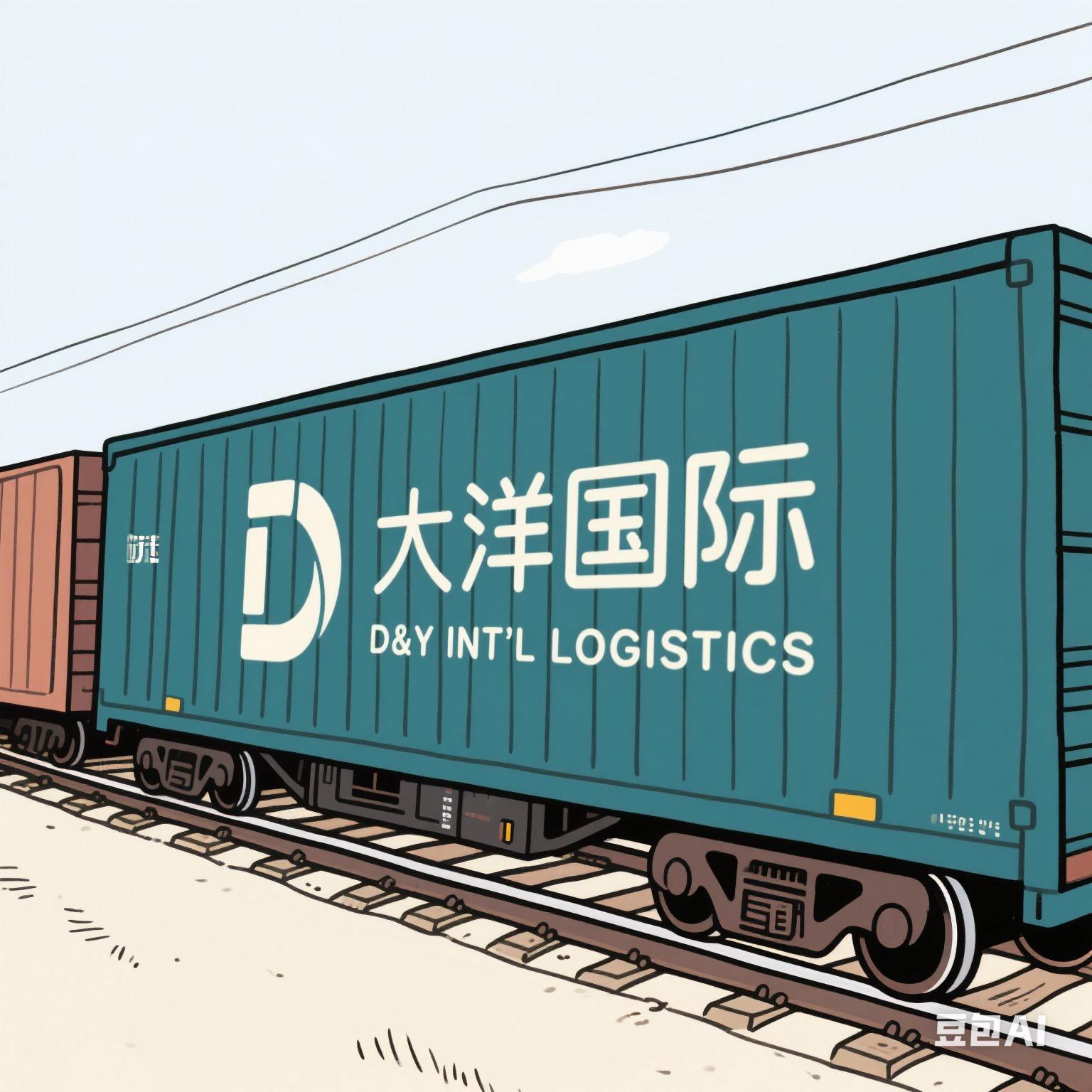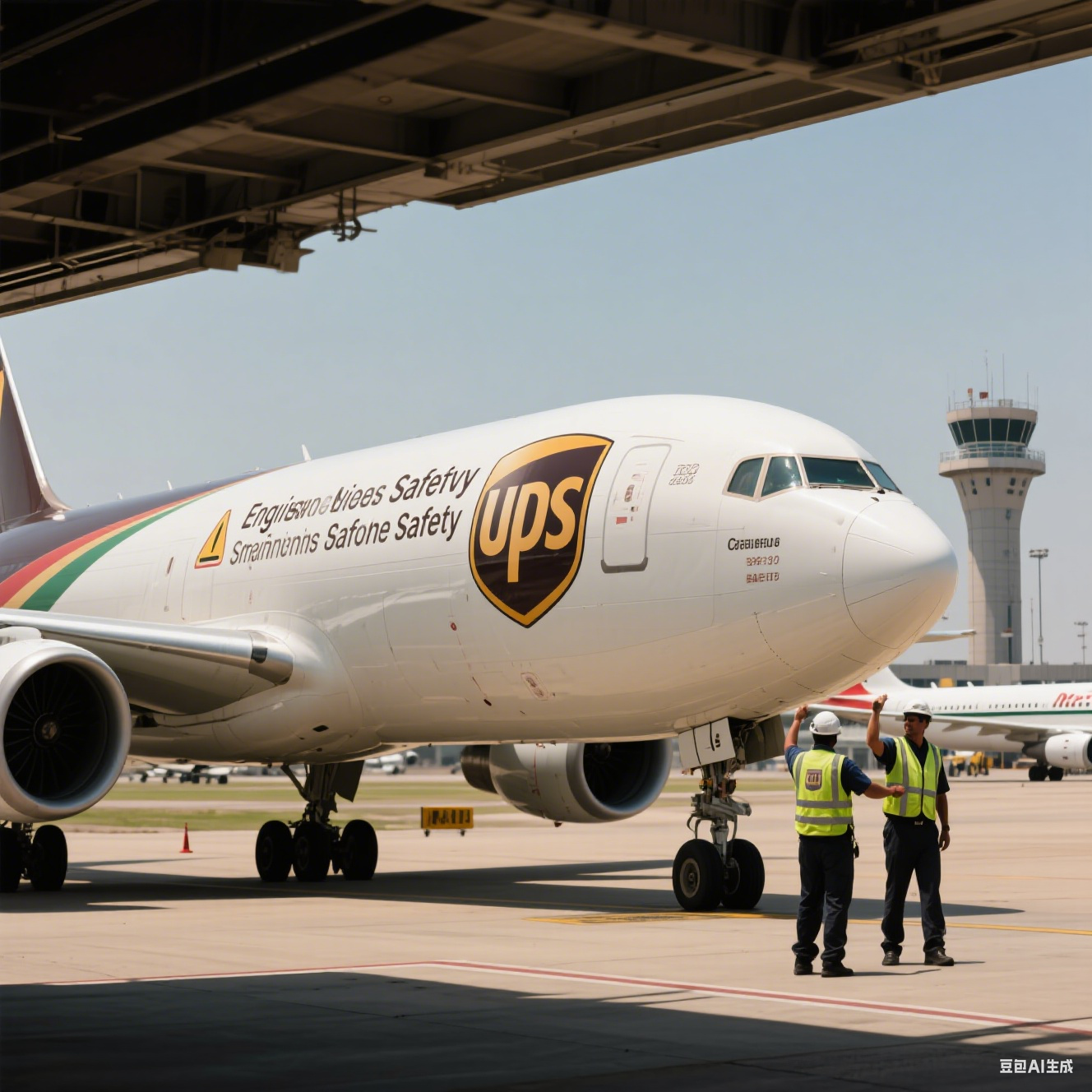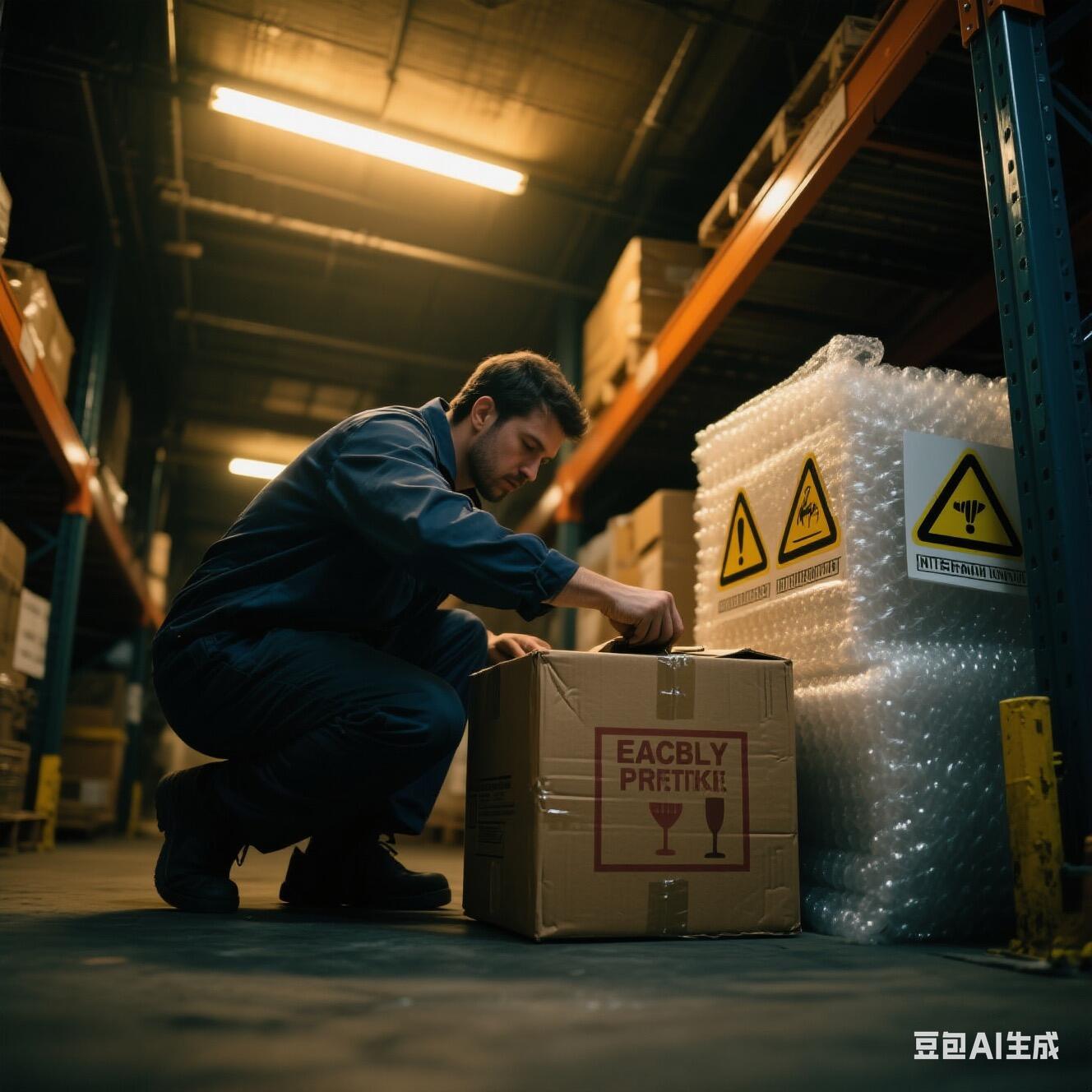customs clearance for imports
Customs clearance for imports is a critical process that facilitates the legal entry of goods into a country while ensuring compliance with national regulations and international trade laws. This comprehensive procedure encompasses documentation verification, duty calculation, and regulatory compliance checks. Modern customs clearance systems integrate advanced digital platforms that enable real-time tracking, automated documentation processing, and seamless communication between stakeholders. The process typically begins with the submission of import declarations, followed by thorough inspection of shipping documents, commercial invoices, and certificates of origin. Technology plays a pivotal role through automated risk assessment systems that determine inspection levels and expedite clearance for low-risk shipments. The implementation of electronic data interchange (EDI) systems allows for paperless processing, reducing delays and human error. Additionally, sophisticated scanning technologies enable non-intrusive inspection of cargo, maintaining security without disrupting trade flow. This process also includes coordinated border management, involving various government agencies to ensure compliance with safety, health, and environmental regulations. Advanced features such as automated duty calculation, integrated payment systems, and real-time status updates have transformed traditional customs procedures into an efficient, transparent operation essential for modern international trade.


